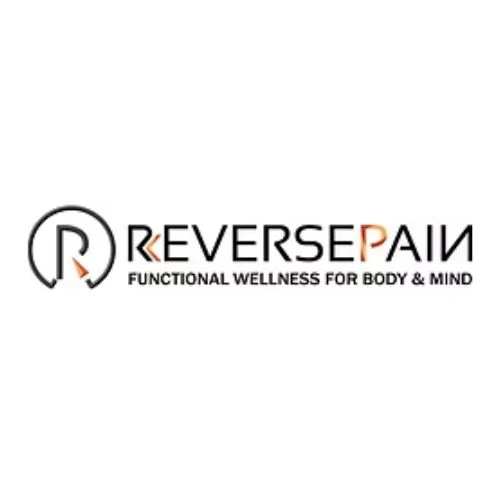Hitting the sack at 3 a.m., flipping and flopping, staring at the ceiling, trying to sleep, and doing this night after night only to wake feeling tired after "sleeping." If any of this sounds like you, then you are not alone. Millions of people worldwide deal with insomnia, and it is often trivialized as just part of modern life.
However, when bad sleep becomes a habit, it takes a toll on the body, emotions, and mind. You may be dependent on sleeping pills, late-night scrolling, or just haven't found a solution, but you might want to try something more natural and effective: acupuncture for insomnia.
Understanding What is Behind Your Insomnia
Insomnia is more than a nighttime problem; it's generally a symptom of imbalances in the body and mind. Chronic stress, anxiety, hormonal changes, digestive problems, chronic pain, and sometimes unresolved or unrecognised emotional issues can all interfere with good sleep. Many treatments aim to put you under for the night, but acupuncture does not aim to do that; it works to identify and treat the underlying issue causing your sleep issues.
In Traditional Chinese Medicine (TCM), sleep difficulties are commonly attributed to imbalances within the heart, liver, or spleen meridians. This is due to the interconnectedness of health, organs, emotions, and energy (Qi). If any one of the systems is disrupted due to stress, diet, emotional, or environmental impact, sleep can be disrupted drastically.
How Acupuncture Can Improve Your Sleep?
Acupuncture aims to balance the body by using thin, sterile needles to stimulate certain places in or on the body. This stimulates the parasympathetic nervous system (also known as "rest and digest"), decreases stress hormones such as cortisol, and increases melatonin and serotonin release to gently boost a healthy sleep cycle.
Here are some ways that insomnia acupuncture can enhance the quality of your sleep:
Decreases Anxiety & Overthinking: Settles the nervous system, producing a mental relaxation needed to fall and/or stay asleep.
Balances Hormones: Helps endocrine function, regulating melatonin and circadian rhythm.
Relieves Physical Discomfort: Reduces pain, tension, and inflammation that hold you awake at night.
Improves Duration and Depth of Sleep: Promotes longer amounts of deep, unbroken sleep.
Not only does acupuncture for insomnia directly address both symptoms and root causes, but it also provides the opportunity to remediate the sleeping difficulties in a long-term, sustainable manner, rather than simply a temporary solution.
What to Expect on Your First Visit?
At Reversepain, your acupuncture experience starts with a careful examination of your sleep habits, emotional health, and lifestyle by our practitioner. An individualized treatment plan will then be developed that supports your needs.
During your appointment, thin needles will be painlessly placed in certain acupuncture points, which will help with your sleep, decrease stress, and manage internal disorder. Typically, patients report feeling relaxed during treatment, and many even fall asleep! The appointment will generally run 45 to 60 minutes. While some individuals certainly feel a change in sleep quality after the first visit, regular visits are helpful to attain longer-term changes in sleep patterns.
Is It Time to Rethink How You Handle Sleepless Nights?
If you’ve been dealing with ongoing sleep disturbances, fatigue, or stress-related insomnia, it may be time to explore a holistic solution that treats more than just the symptoms. Acupuncture for insomnia offers a gentle, drug-free path toward restful, restorative sleep.
At Reversepain, we believe in healing the whole person with care for mind, body, and spirit. We are devoted to helping everybody sleep better and live better. You will have our licensed acupuncture practitioner supporting you and being with you every step of the way with thoughtful care, up-to-date techniques, and ancient practices.
Book your consultation with Reversepain today to see how acupuncture can bring peace to your nights and energy to your days.
References
National Center for Complementary and Integrative Health (NCCIH) – Acupuncture: In Depth
A comprehensive resource from the U.S. government on acupuncture, its benefits, and research-based evidence on its impact on sleep and other conditions.
National Institutes of Health (NIH) – Effects of Acupuncture on Insomnia
This peer-reviewed study discusses clinical trials showing how acupuncture improves sleep quality and reduces sleep disturbances.
Journal of Alternative and Complementary Medicine – Acupuncture for Primary Insomnia: A Systematic Review
A scientific review analyzing multiple studies and concluding that acupuncture is effective for treating primary insomnia.



